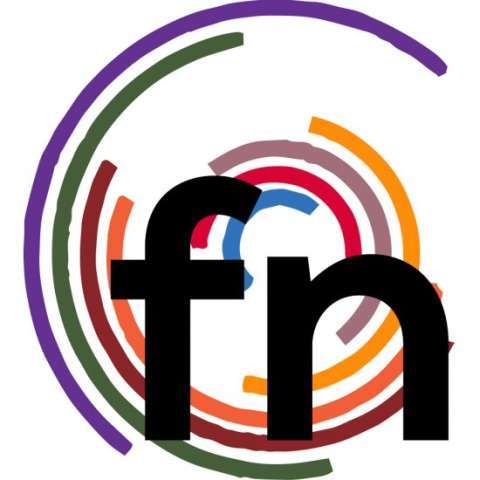You Don't Have To Be A Major Artist To Sell Shirts Anymore
NationWide Source
Check Out How Technology Is Changing The Way You Buy MerchWouldn't it be nice if you could buy shirts and other merch as you sell them to your fans? A fan buys a shirt from you, you replace your stock one shirt at a time, or order the shirt and have it sent directly to the fan from the printer. Bing, bang, boom. No set up costs. No major overhead. Yep. That would be nice. And, of course, you still want to make a little coin (profit) when buying and selling a single shirt.
So the question at hand is this: How does the independent artist/band bring home significant bacon from their fan base? Assuming you have an ever-expanding fan base (which is another article altogether), there are approaches to your small business that will help increase your profits.
Holy sell-out, Batman!
Did I just call you a small business proprietor? Yes. Yes, I did. But before you gag on such words as "business" and "profits" let me reassure you. Any band or artist who hopes to survive and keep making music is, in fact, in the music business.

The thing is, too many artists miss a serious money making opportunity in their merchandise department. Not so much at the merch table, but in how you buy your printed merch. It goes way back to the screen-printing approach. **Now, screen-printing has been a great solution for a long time, lest you think I'm hating. But technology has advanced, and it has advanced in your favor. Celebrate! And keep reading…**
In the past when you ordered T-shirts or hoodies the only viable option was screen-printing. A screen for every color in your design was created and custom ink mixed to print your specific colors. To make it worth everybody's time and money, it behooved you, the client, to purchase screen-printed shirts in bulk.
Read more!











 When creating your music videos (and recordings), always keep the You Pick Two philosophy in mind. It holds true in most situations. You may get lucky where your good friend, who is an awesome filmmaker, just finished up a giant budget film, has some free time, doesn't need the money and will work on your project to help you out. But that is beyond rare. And you definitely can't plan on this.
When creating your music videos (and recordings), always keep the You Pick Two philosophy in mind. It holds true in most situations. You may get lucky where your good friend, who is an awesome filmmaker, just finished up a giant budget film, has some free time, doesn't need the money and will work on your project to help you out. But that is beyond rare. And you definitely can't plan on this.






